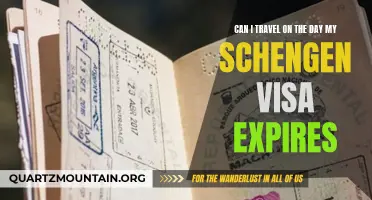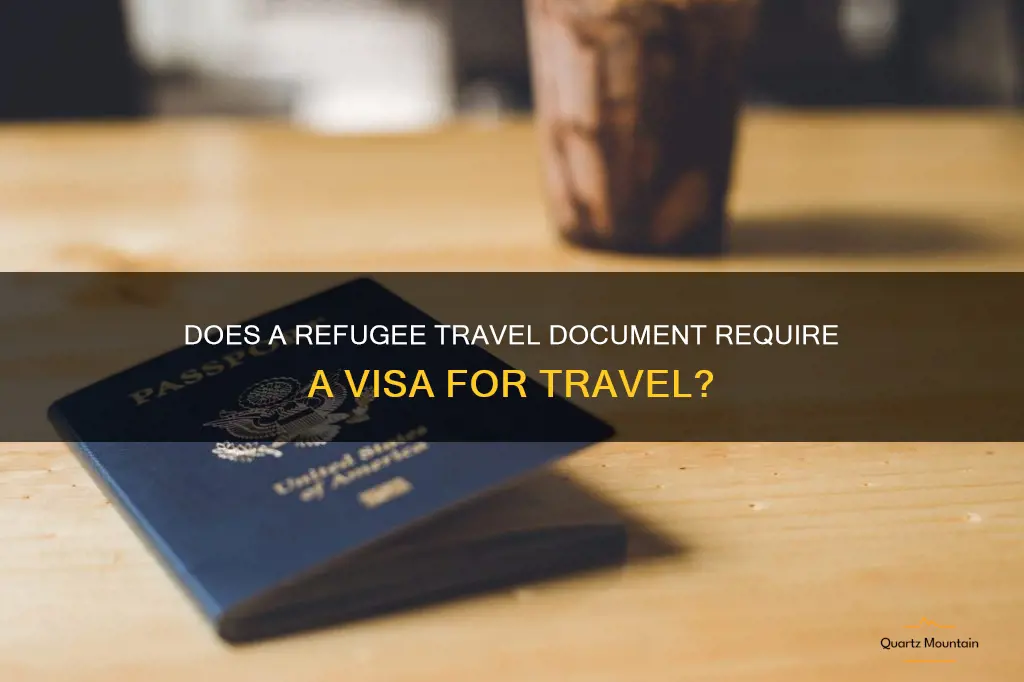
Traveling can often be a complex process, with various documents and requirements to consider. For refugees who hold a refugee travel document, navigating these requirements can be particularly challenging. One question that frequently arises is whether a refugee travel document requires a visa for travel. In this article, we will explore this topic in depth, providing clarity and guidance for those seeking to understand the visa requirements for refugees with travel documents.
| Characteristics | Values |
|---|---|
| Document Type | Refugee Travel Document |
| Purpose of Travel | Foreign Travel |
| Visa Requirement | Yes |
| Validity Period | Varies by country |
| Eligibility Criteria | Refugee status holder |
| Application Process | Varies by country |
| Required Documents | Varies by country |
| Processing Time | Varies by country |
| Cost | Varies by country |
| Restrictions/Conditions | Varies by country |
| Renewal Process | Varies by country |
| Special Considerations/Notes | Varies by country |
What You'll Learn

Refugee Travel Documents Explained
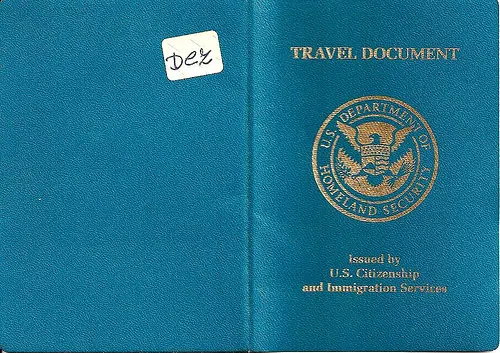
When individuals flee their home countries due to persecution or a well-founded fear of persecution, they often become refugees in other nations. These refugees face various challenges, including restricted movement and limited travel opportunities. However, with a Refugee Travel Document, refugees can regain their ability to travel internationally.
A Refugee Travel Document, also known as an RTD, is an official identification document that allows refugees to travel outside their host country and also serves as a proof of identity and refugee status. It provides a way for refugees to travel safely and legally across borders when their home country's passport is not available or recognized.
Purpose of a Refugee Travel Document
The primary purpose of a Refugee Travel Document is to facilitate travel for individuals without a valid passport from their country of origin. It allows refugees to visit other countries, seek asylum, attend conferences or events, study abroad, reunite with family members, or initiate business-related activities.
Eligibility for a Refugee Travel Document
To qualify for a Refugee Travel Document, an individual must meet specific eligibility criteria. These criteria may vary depending on the country issuing the document, but they typically include the following:
- Refugee Status: The individual must possess a recognized refugee status or have been granted asylum in the host country.
- Proof of Identity: The applicant must provide evidence of their identity, such as a birth certificate, national identity card, or any other official identification document.
- Refugee Travel Document Application: Individuals must submit an application for a Refugee Travel Document, including relevant forms, photographs, and supporting documents.
- Travel Plans: Applicants must provide detailed information about their intended travel plans, including dates, destinations, and purposes of the trip.
- Valid Reasons: The applicant should provide valid reasons for their travel, such as family reunification, education, employment, or medical treatment.
- Consular Approval: Some countries require consular approval prior to issuing a Refugee Travel Document. The applicant should consult the issuing authority or consulate to determine if this step is necessary.
Issuing Authorities for a Refugee Travel Document
In most countries, the government's immigration or refugee agency is responsible for issuing Refugee Travel Documents. The specific department or agency may vary, so it is essential to identify the relevant authority in the host country.
When applying for a Refugee Travel Document, individuals should contact their local immigration office or visit the government's official website to gather accurate and up-to-date information. It is crucial to follow all instructions provided by the issuing authority and submit all required documents within the specified time frame.
In conclusion, a Refugee Travel Document is a vital identification document that allows refugees to travel internationally. By understanding the purpose, eligibility criteria, and issuing authorities, refugees can successfully obtain and utilize this document to regain their freedom of movement and pursue various opportunities abroad.
Traveling with an Expired Visa: What You Need to Know
You may want to see also

Visa Requirements for Refugee Travel Document Holders
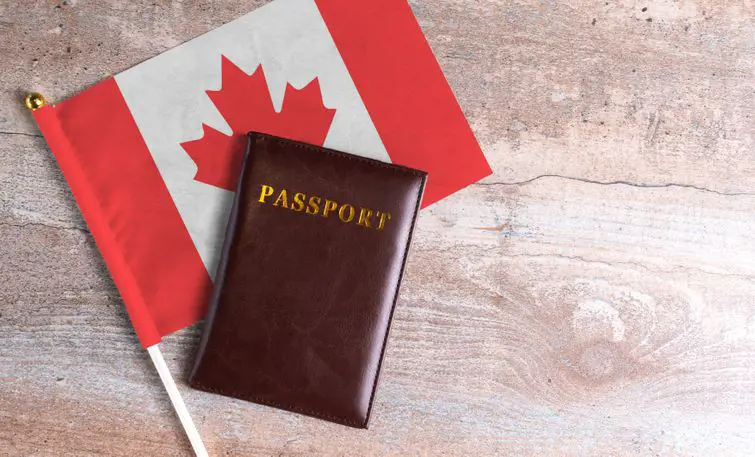
Refugees who have been granted international protection often hold a refugee travel document, also known as an alien's passport or Geneva passport. This document allows them to travel internationally and facilitates their ability to establish a new life in a safe country. However, it's important to note that while a refugee travel document grants its holder certain travel privileges, it does not guarantee visa-free travel to all countries.
Visa-Free Travel for Refugee Travel Document Holders
Although visa-free travel for refugee travel document holders is limited, there are countries that allow entry without a visa. These countries have recognized the importance of facilitating the mobility of refugees and have established policies that allow them to travel freely. Some examples of countries that permit visa-free travel for refugee travel document holders include Canada, Germany, Sweden, Norway, and Denmark. However, it's important to note that the specific visa-free travel rules may differ between countries, so it's essential to check the requirements of each destination before planning your trip.
Visa Requirements by Country for Refugee Travel Document Holders
For many countries, visa requirements for refugee travel document holders mirror those of individuals traveling with regular passports. However, it's crucial to be aware that some countries might have additional visa requirements or procedures specifically for refugee travel document holders. When planning your travel, it's essential to research the visa requirements of your destination country well in advance to avoid any last-minute complications.
To determine the visa requirements for your destination country, you can consult the official website of the respective country's embassy or consulate. They will provide you with the most accurate and up-to-date information regarding the visa application process. Additionally, you may also consider contacting immigration lawyers or visa agencies that specialize in assisting refugees and asylum seekers with their travel and visa requirements.
Applying for a Visa with a Refugee Travel Document
To apply for a visa with a refugee travel document, you will typically need to gather the necessary documents and submit them along with your visa application. The specific requirements will vary depending on the country you are applying to, but the usual documents include:
- Valid refugee travel document: Ensure that your travel document is valid for a sufficient period to cover your intended stay in the destination country.
- Application form: Complete the visa application form accurately, providing all the requested information.
- Passport-sized photographs: Follow the specifications provided by the embassy or consulate and include the required number of photographs.
- Proof of travel insurance: Some countries require you to provide proof of travel insurance that covers medical emergencies, evacuation, and repatriation.
- Proof of accommodation: Provide evidence of your planned accommodation, such as hotel reservations or an invitation letter from a host.
- Proof of financial means: Demonstrate that you have sufficient funds to cover your stay, including accommodation, food, transportation, and any other expenses.
- Flight itinerary: Present a copy of your confirmed flight tickets or a reservation showing your intended travel dates.
Challenges and Limitations in Obtaining Visas with a Refugee Travel Document
While the refugee travel document allows for international travel, obtaining visas can sometimes be challenging for refugee travel document holders. Some countries may have stricter visa requirements for refugees, including additional documentation or a longer processing time. Additionally, political situations and changing immigration policies can influence the visa application process, further complicating the situation.
To navigate these challenges, it is crucial to be well-prepared and to start the visa application process well in advance of your intended travel dates. Research the requirements thoroughly, contact the relevant embassy or consulate for any additional information, and ensure that you have all the necessary documents to support your application.
In conclusion, while visa-free travel for refugee travel document holders may have limitations, it is possible to travel with a refugee travel document by applying for a visa. Understanding the visa requirements of your destination country, gathering the necessary documents, and allowing ample time for the application process will help ensure a smooth travel experience. With proper planning and preparation, refugees with travel documents can explore new horizons and build a future in their adopted country.
Exploring the Travel Possibilities: Can US Visa Holders Visit Turkey?
You may want to see also

Refugee Travel Documents vs. Convention Travel Documents
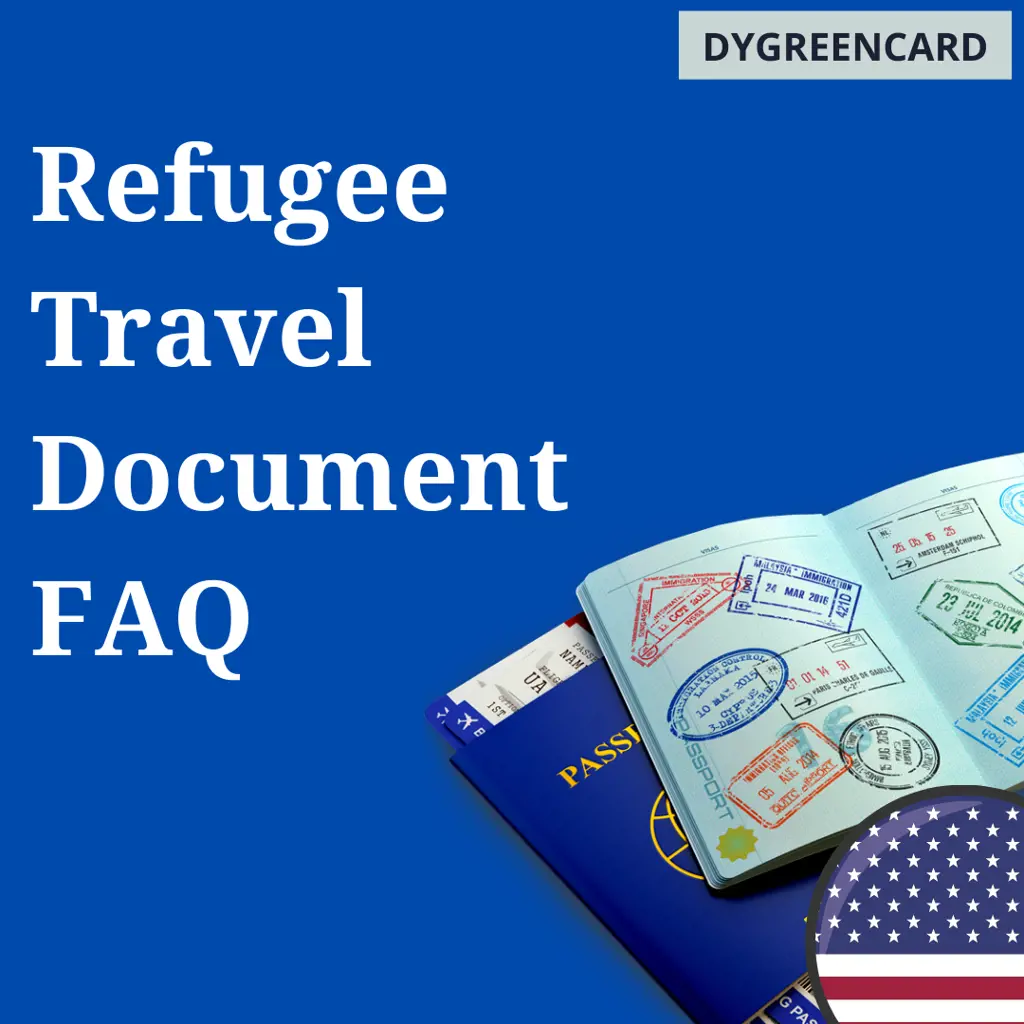
Refugees who flee their home countries due to fear of persecution often face numerous challenges, including the need to travel internationally. To facilitate their travel, they are often issued refugee travel documents or convention travel documents. In this article, we will explore the key differences between these two types of travel documents, discuss the advantages and disadvantages of refugee travel documents, highlight alternatives to refugee travel documents, and delve into the international recognition of these essential documents.
Key Differences Between Refugee and Convention Travel Documents:
A. Legal Basis:
- Refugee Travel Document: Refugee travel documents are issued to individuals who have been granted refugee status under the United Nations Convention Relating to the Status of Refugees. These documents serve as a form of identification and travel document.
- Convention Travel Document: Convention travel documents are issued to individuals who are protected under international human rights treaties, such as the United Nations Convention on the Rights of the Child or the International Covenant on Civil and Political Rights. These documents also facilitate international travel.
B. Eligibility:
- Refugee Travel Document: Individuals who have been recognized as refugees by a host country and possess valid refugee status are eligible to apply for a refugee travel document. This document enables them to travel internationally as a refugee and serves as proof of their status.
- Convention Travel Document: Eligibility for a convention travel document varies depending on the specific international human rights treaty. For example, the Convention on the Rights of the Child allows children to travel with a convention travel document issued by their home country if they are legally separated from their parents or do not have parental care.
C. Travel Restrictions:
- Refugee Travel Document: Refugee travel documents may be subject to certain travel restrictions imposed by the issuing country or other nations. These restrictions may include restrictions on travel to the individual's country of origin.
- Convention Travel Document: Convention travel documents generally do not carry specific travel restrictions. However, it is important to note that each country has the right to impose its own entry and exit requirements, which may sometimes limit travel.
Advantages and Disadvantages of Refugee Travel Documents:
Advantages:
- Recognized Identification: Refugee travel documents are internationally recognized as valid identification documents, which can provide refugees with a sense of identity and legitimacy while traveling.
- Facilitates International Travel: These documents enable refugees to travel internationally for various purposes, such as education, employment, or family reunification.
- Financial Assistance: Some countries provide financial assistance or waivers for refugee travel document holders, making international travel more accessible.
Disadvantages:
- Limited Validity: Refugee travel documents often have shorter validity periods compared to regular passports, requiring frequent renewal.
- Restricted Travel: Depending on the issuing country and destination, refugees may face travel restrictions, including limitations on traveling to their country of origin.
- Limited Acceptance: Some countries may not fully recognize or may place additional entry restrictions on refugee travel documents, which can limit travel options.
Alternatives to Refugee Travel Documents:
In some cases, refugees may have access to alternative travel documents that allow for easier mobility:
A. Convention Travel Documents: If a refugee qualifies under a specific international human rights treaty, they may be eligible for a convention travel document, granting them increased travel flexibility.
B. National Passports: In some instances, refugees may seek to obtain national passports from their home country, even if they no longer have citizenship or have concerns about returning. This can provide greater travel opportunities, although the decision to apply for a national passport can be complex and may involve significant risks.
International Recognition of Refugee Travel Documents:
- The 1951 Refugee Convention recognizes refugee travel documents as valid travel documents, allowing refugees to travel to and from their host country.
- However, the recognition and acceptance of these travel documents can vary among countries. It is essential for refugees to check the entry requirements of their destination countries before making any travel arrangements.
Refugee travel documents and convention travel documents play a crucial role in facilitating international travel for refugees. Understanding the key differences, advantages, and disadvantages of these documents, as well as alternative options, can help refugees navigate their travel needs with greater clarity. While international recognition of these documents is generally well-established, refugees must remain vigilant about researching and complying with entry requirements to ensure a smoother and more successful journey.
Traveling to Oman with UAE Residence Visa: What You Need to Know
You may want to see also

Tips and Resources for Traveling with a Refugee Travel Document
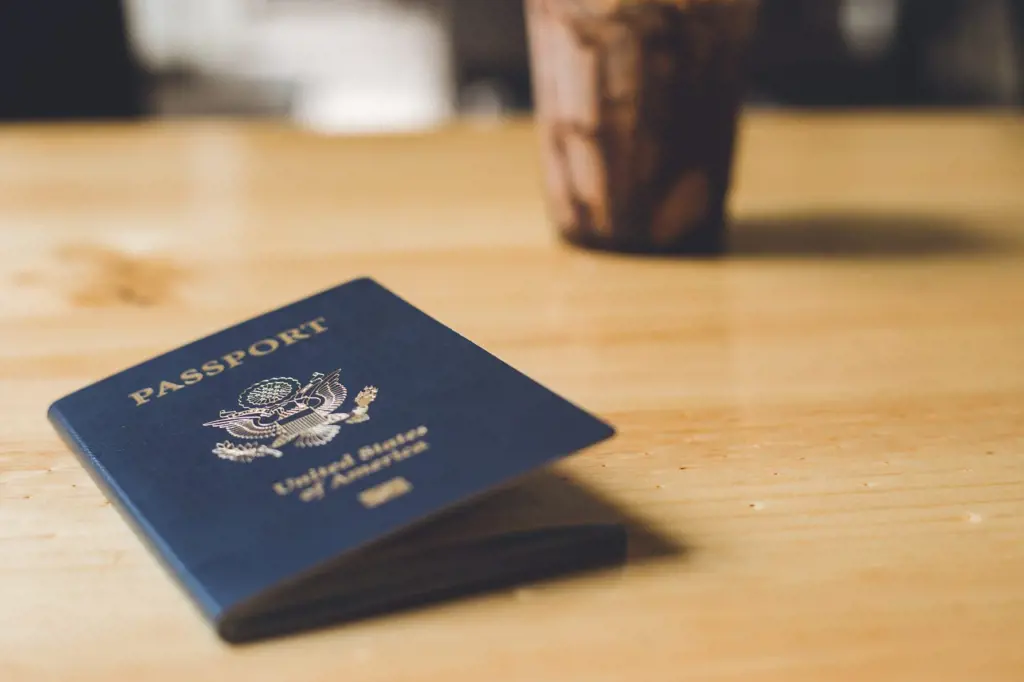
Traveling with a refugee travel document can be a daunting task, as it involves navigating complex legal requirements and potential challenges in different countries. However, with the right preparation and knowledge, it can also be a rewarding and fulfilling experience. In this article, we will provide essential tips and resources for traveling with a refugee travel document.
Essential Documents to Carry While Traveling
When traveling with a refugee travel document, it is crucial to have the necessary documents to ensure a smooth journey. Here are the essential documents you should carry:
- Refugee Travel Document: This document serves as your passport and should be valid for the duration of your travel. Ensure that you have a valid refugee travel document before embarking on your journey.
- Visa Requirements: Research the visa requirements for your destination countries well in advance. Some countries may require you to obtain a visa before your trip, while others may offer visa-free entry or visa-on-arrival for certain nationalities. Check with the embassies or consulates of the countries you plan to visit to determine the specific visa requirements.
- Proof of Residence: Carry proof of your current residence, such as a permanent resident card or a valid residency permit. This document may be necessary to prove your status when entering or exiting a country.
- Emergency Contacts: Always carry a list of emergency contacts, including the contact information of your country's embassy or consulate in the countries you plan to visit. In case of any unforeseen circumstances, having this information readily available can be invaluable.
Traveling to Multiple Countries with a Refugee Travel Document
If you plan to travel to multiple countries with a refugee travel document, it is important to do thorough research and plan your trip accordingly. Here are some tips to consider:
- Check visa requirements for each country: Each country has its own visa requirements, so make sure to research and understand the visa requirements for each country you plan to visit. Some countries may require a visa even if you are just transiting through their airports.
- Plan your itinerary: Create a detailed itinerary that includes your planned routes, dates of travel, and accommodation information. This can help you stay organized and ensure you have all the necessary documents and visas for each leg of your journey.
- Allow for ample processing time: Visa applications can take time to process, so ensure you apply well in advance to avoid any last-minute stress. Some embassies or consulates may have specific requirements or processing times, so check their websites or contact them directly for accurate information.
Traveling with a Refugee Travel Document as a Permanent Resident
If you hold a refugee travel document as a permanent resident, you may have additional considerations when traveling. Here are some tips to keep in mind:
- Check travel restrictions: Some countries may have specific travel restrictions for permanent residents. Make sure to check the immigration regulations of your destination countries to ensure you meet the requirements for entry.
- Maintain valid residency status: Ensure that your permanent residency card or residency permit is valid and up to date before traveling. If it is close to expiring, consider renewing it before your trip.
- Carry proof of permanent residency: Carry a copy of your permanent residency card or residency permit as proof of your status. This document may be required when entering or exiting a country.
Additional Travel Considerations for Refugee Travel Document Holders
In addition to the essential documents and considerations mentioned above, here are some additional tips and resources for traveling with a refugee travel document:
- Insurance coverage: Consider obtaining travel insurance that covers medical emergencies, trip cancellations, and lost or stolen belongings. This can provide peace of mind during your journey.
- Cultural norms and customs: Familiarize yourself with the local customs, traditions, and cultural norms of the countries you plan to visit. This can help you navigate social situations and avoid inadvertently causing offense.
- Language resources: Download language translation apps or carry pocket phrasebooks to help you communicate in the local language. This can be especially useful when interacting with immigration officials, hotel staff, or locals.
- Research local laws and regulations: Research the local laws and regulations of your destination countries to ensure you are aware of the legal framework and can avoid any potential legal issues.
Traveling with a refugee travel document requires careful planning and preparation. By following these tips and utilizing available resources, you can ensure a smoother and more enjoyable travel experience. Remember to stay informed, be respectful of local customs, and always prioritize your personal safety. Bon voyage!
Traveling Out of the US with an IR5 Visa: What You Need to Know
You may want to see also
Frequently asked questions
Yes, a refugee travel document typically requires a visa for international travel. While the travel document itself allows a refugee to travel internationally, it does not grant them entry into another country. Most countries require a visa for entry, so refugees with a travel document will still need to apply for a visa before they can travel to their desired destination.
Refugees with a travel document can typically apply for a visa at the embassy or consulate of the country they wish to visit. The application process may vary depending on the country, but generally, refugees will need to provide their travel document, passport-sized photos, proof of travel plans or invitation from the destination country, and any additional documentation required by the embassy or consulate. It is recommended to check the specific requirements and procedures of the destination country's embassy or consulate before applying.
While most countries require a visa for entry, there are some exceptions where refugees with a travel document may be able to travel without a visa. For example, some countries have bilateral agreements or visa waiver programs in place that allow refugees with a travel document to enter without a visa for a certain period of time. It's important for refugees to research and confirm the visa requirements of their desired destination before making any travel plans. Consulting with the embassy or consulate of the destination country would be the most accurate source of information regarding visa requirements for refugees with a travel document.



